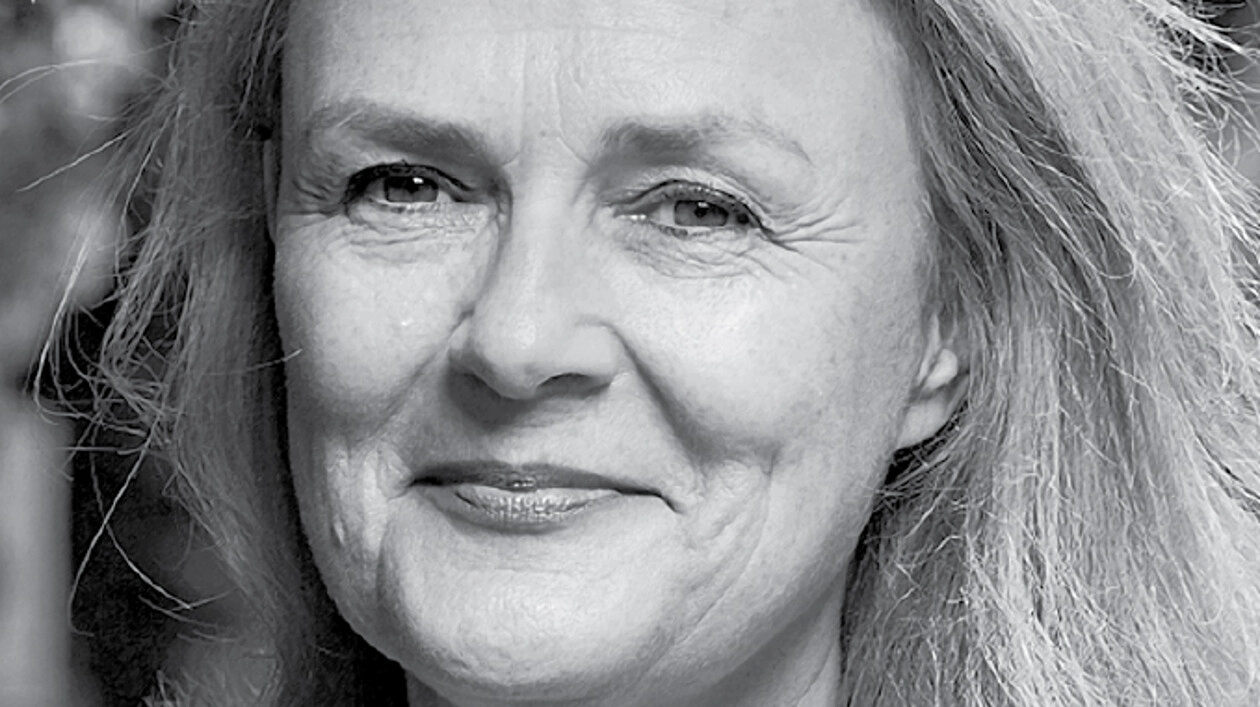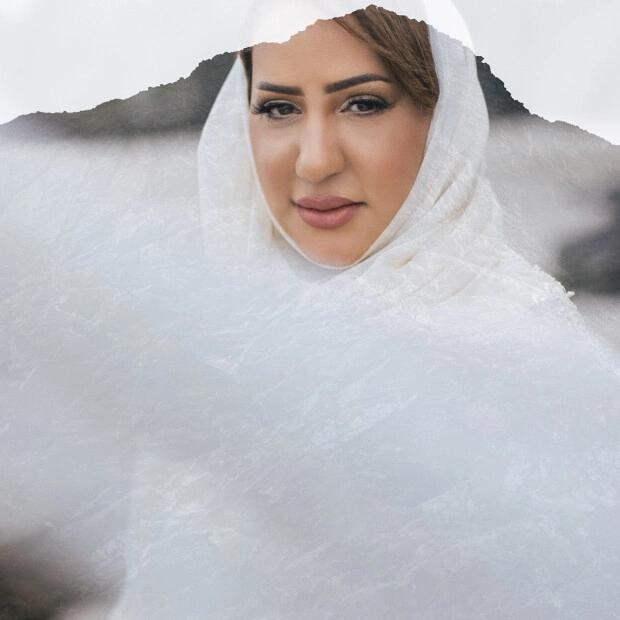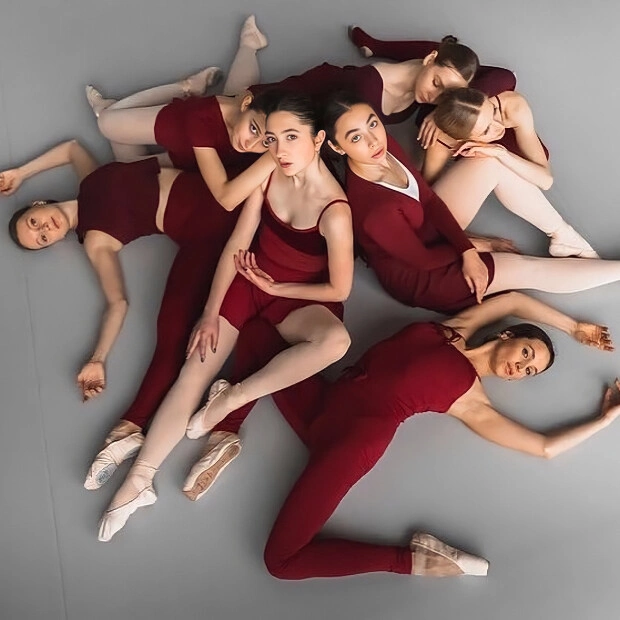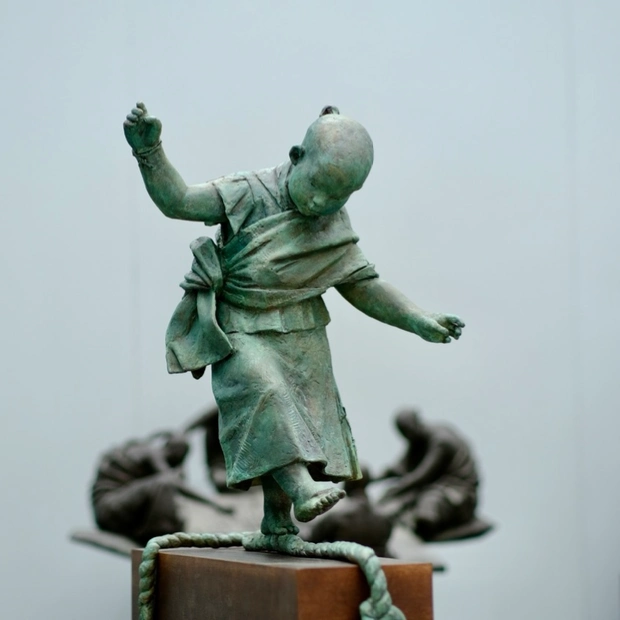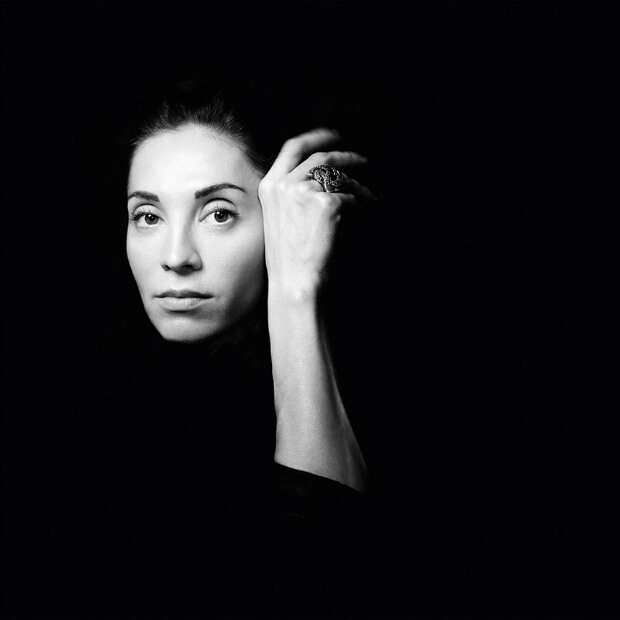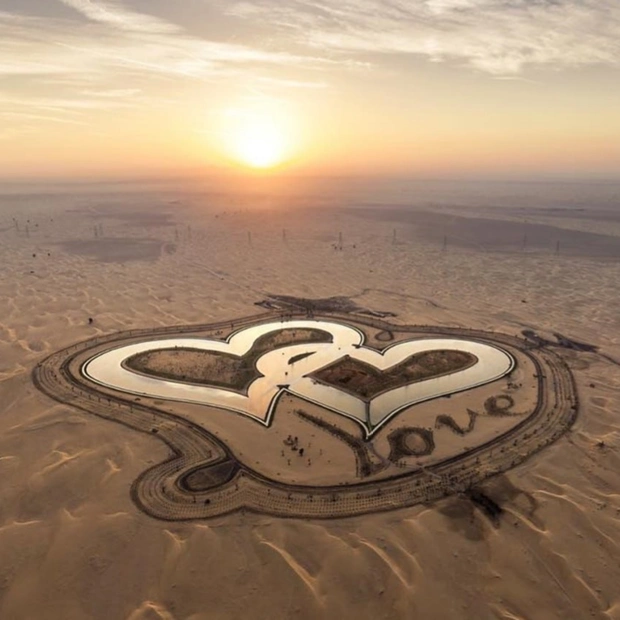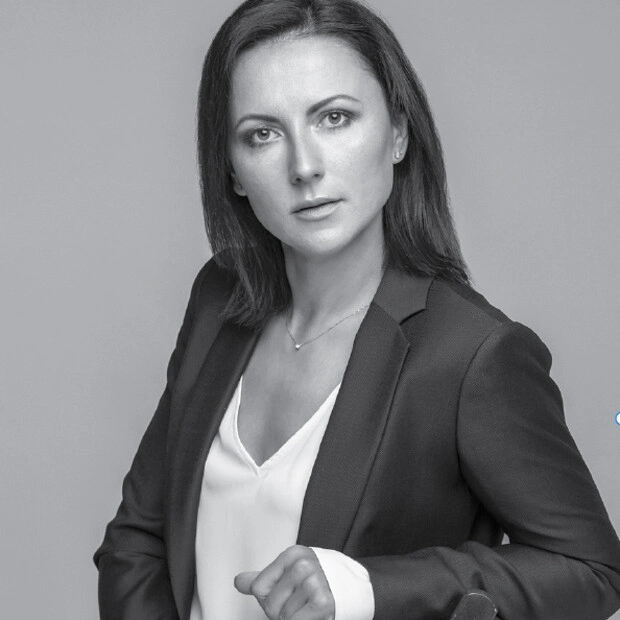The ageing world insists that nothing changes — healthy lives until the age of 100. Today’s 50-year-everything that is always has been and always will be. The eternally youthful world is confident that everything can be changed, and for the better, when will is good and goals are high. And perhaps the most curious thing is that we are not talking about a division, but about the simultaneous existence of these two worlds in time and space. Today’s twenty-year-olds, attentive to their physical and mental well-being, expect to live active, healthy lives until the age of 100. Today’s 50-year-olds strive to keep up, propagating the "50 is new 40" idea, exchanging their old bad habits for yoga and blockchain. The conflict of generations, for the first time in history, boils down to a dispute over the possibility of changing the world for the better. Kate Robertson, co-founder of the international forum for positive action One Young World, certainly belongs to a young world that believes in the possibility of a better future for the whole Earth.
Everything I do is based on the knowledge that it is indeed possible for countries and peoples to change for the better, not as an ever-elusive ideal, but in actual practice. I’ve seen, in South Africa, a new way of life take shape as the principles of apartheid were rejected and dispensed with.
One of my most vivid memories concerns the 1992 Olympic Games in Barcelona. A necessary digression: when I was a child, living in South Africa, the country was barred from the Olympics due to the practice of segregation. It should be born in mind that South Africans are big sport fans; sport means a great deal, and we were all rather sensitive about the punishment of being excluded from the Olympic movement. I remember how, as an eight-year-old girl, I dreamt of our athletes winning gold medals.
And so, being in Barcelona in 1992, and seeing the whole world gathered together in one stadium was a fantastic thing; it was very exciting. It was the first time that South Africa, after having long been suspended, was allowed to participate in the Olympics. We were represented by a small team, acting under a neutral Olympic flag, but what was most important was that we had returned to the Olympic family of countries.
We are supposed to think: "I don’t care who you are, where you are from. The important thing is that what’s happening to you is bad, and you have my support".
When I attended the Athens Olympics in 2004, watching its extraordinary opening ceremony, I noticed that while people made a lot of noise for the Greek team (as they were the hosts), the loudest applause went to the two smallest teams, Afghanistan and Iraq. They consisted of three and five people, respectively, whose names no one will ever remember. But the crowd was screaming, welcoming them, and then you go: "Well, why? Why are we cheering for these people?" And it’s because it’s our humanity speaking, saying: "You are my brother, and I’m sorry for what you’re going through."
And then, with extraordinary clarity, I felt and understood that this was how we should react when we see that others are suffering. We are supposed to think: "I don’t care who you are, where you are from. The important thing is that what’s happening to you is bad, and you have my support". The Olympics are something of an ideal world, where everybody, together in one space, behaves decently, where everybody is a brother.
But unfortunately, that’s not the world we live in, that’s not the way we live. And then, when you look at the history of the Olympic Games, it becomes clear that today, much about them has strayed from the original intention. I think one of the tragedies of the modern Olympic movement is that the Olympic truce is not being respected. What the Olympics really mean is the halting of war — that we compete against each other, but we stop killing each other.
I think that this approach to life is very different from the one in which we actually exist. And it is very different from the one used between governments. Looking at the work of the UN today, perhaps a romantic view would say it should be like the Olympic movement. But for a lot of reasons, it isn’t.
The UN is a good thing, but let’s face it, it doesn’t function. There are good ambassadors in many countries, but what I see is not just ambassadors — there are 27,000 other people, committees, planning rooms, departments, committees, and bureaucracy, and committees. It’s not even a question of whether there’s dialogue; it’s really about the impossibility of taking action within such a cumbersome structure. I know that there are some good people there, but I simply cannot believe it takes 27,000 of them. I can’t believe that.
If you look at the problems that the world is facing today, especially the younger generation — climate change, the epidemic of viral diseases, the global financial crisis — none of these are national problems; they’re all multinational. To solve them, we need a functional, global organisation focused on solving real global problems, and not a platform for political confrontation, like the United Nations.
